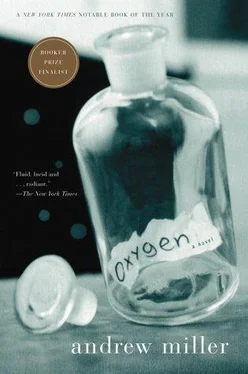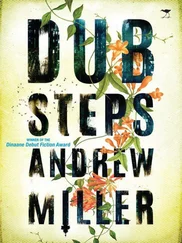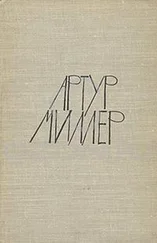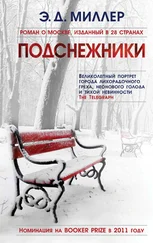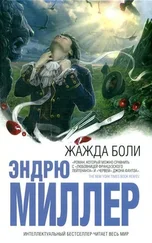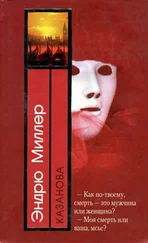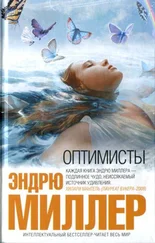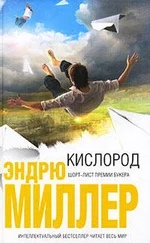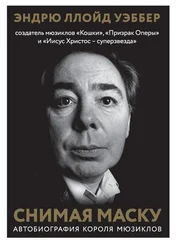Halfway through his first martini at the Palm – his first martini anywhere – England had appeared as a remote and underlit island he need never return to, other than on the occasional visit to Brooklands. Jet in, jet out. He had entered the future, and was half dazed with gratitude and the wildest optimism. The following night, in Slater’s Greenwich Village apartment, a party had begun with tall women and cocaine, a party that lasted all through the advertising campaign for luxury cars – British, or apparently so – and then crossed the country with him to California; a pearly necklace of late and later nights as the small acting parts came in and he reached his apotheosis as Dr Barry Catchpole, becoming almost famous and almost rich, though curiously less and less content, as though, in a fatal hour he would never afterwards be able to recall or identify, he had fallen foul of some law of inverse returns, so that the more he drank the less drunk he was, and the more he partied the less pleasure he had, until the morning he had stumbled out into a San Francisco fog to discover himself, a reckless man, married to a woman who cried in her sleep and father to a little girl who had already seen more doctors than most sane and healthy people see in a lifetime.
One got weary trying to work it all out. His life resisted his attempts to comprehend it. He didn’t seem to have the language, or whatever it was you needed – the books, the time, the medication. He had lost count of the number of people who had suggested therapy, who had given him the names of their own therapists, saying ‘Definitely the best Jungian in town’, or ‘This guy guarantees closure’. He thought sometimes the solution would be to get back on the show, but Catchpole was gone (with ghastly irony the show had ‘sent’ him to England to nurse an ailing parent), and the row with Liverwitz had not been of the kind where you could go back the next week and eat humble pie. It had been savage and terminal, and in truth he was glad to be free of the programme’s grinding inanity, its relentless pursuit of the trite. Why, he had bawled at Liverwitz, why were the only patients ever admitted to the hospital friends and relatives of the people who worked there? Was that usual? But there had been no serious money coming into the house for eight months. His last paid work had been a commercial for Wonder Bread in November. Since then there had been promises, a lot of talk over mint juleps and wheat-grass juice, but no firm offers. He had very slightly over ten and a half thousand dollars in the Bank of California, a few thousand sterling in London tied up in stocks and shares. He also had the cars – Kirsty drove a ’93 Cherokee – and the house, which was mostly paid for. Kirsty contributed a modest income from her part-time work in a day unit for people with learning difficulties, but her salary barely covered the phone bills, which, since Alice’s illness, had trebled. Cocaine wasn’t getting any cheaper. Neither were the bills for Ella’s asthma treatment, much of it not covered by the insurance. Then there were the school fees for KDBS, and Mr Yip’s piano classes. The flights to England. Party girls. The IRS. Booze. Hoffmann. Groceries. There was no end to it.
He had long since calculated what he might inherit when Alice died, the preliminary sums done, in the teeth of selfdisgust, shortly after she was first diagnosed with small-cell lung cancer in the winter of ’95. It would not be much. The house would be sold off, but an old place in poor repair on a stretch of waterlogged moorland would hardly raise a fortune, and half of it, of course, would go to Alec. The good furniture, which amounted to the dining table and silver candlesticks, a couple of decent paintings, also in the dining room, and some of Stephen’s collection of antique clocks, would bring in another three or four thousand. All in all he had reckoned – reckoning on despite a shame that made him sweat – he might clear forty or even fifty grand. But when? He had already started borrowing (Kirsty knew nothing of this) from men with pampered attack dogs, people who said ‘We understand each other, right?’ and ‘You’re a real nice guy’, but who would certainly have a thorough and instinctual way with slow payers.
Larry and the man from Ogbomosho entered Century City and the Avenue of the Stars, a zone of high-rises and underground shopping complexes between the LA Country Club and Rancho Park. A few moments later they swung into the half-moon drive of the Park Hotel, where a doorman, dressed in the red-and-gold livery of a Yeoman of the Guard, opened the cab door and examined Larry through mirror shades. Larry paid the driver, tipping him heavily. The man only had one ear; the other looked to have been removed, clumsily, with something blunt – teeth perhaps. He was, decided Larry, peeling himself from the varnished surface of the rear seat, a man who had passed through darkness, and who might, had Larry found a way into him, have proved wise on the subject. Help, like trouble, could come from anywhere. He was sorry he had missed his chance.
Out of the cab, he lit the cigarette he had been holding in his fist since the airport, and nodded at the Beefeater’s uniform. ‘You’re a long way from home,’ he said.
‘Pasadena,’ said the Beefeater. ‘You a dentist?’
‘No,’ said Larry, obscurely offended.
‘Fifty thousand in town. Convention.’
Larry gave a low whistle, and tried to conjure in his mind an image of so many thousand white-coated men marching like an army, ten abreast, through the great boulevards and byways of Los Angeles. Then, recalling a line from a poem he had read in a schoolboy elocution competition for which he had won an honourable mention, he muttered, ‘I had not thought death had undone so many.’
‘What’s that?’ asked the doorman, frowning.
Larry shook his head. ‘Think it’s going to get hotter?’ he asked.
‘Bet your life,’ said the Beefeater. ‘Hot as hell.’
Larry took a last drag on the cigarette. He was one of those deep-lunged men who could get through a cigarette in four or five big pulls, the paper uncoiling beneath a long, sharp ember. The Beefeater relieved him of the butt and walked away with it towards some secret receptacle. Larry checked his watch. Two-fifteen Pacific Standard. Something after ten at night in England, at Brooklands. Home?
‘Good night, Mum,’ he said, and he went in to be among the dentists.
In her dream, Alice watched her elder son emerge theatrically from beneath the giant weeping willow in her parents’ garden and cross the lawn towards her, telling her in French that he would save her. ‘Je te sauverai, maman. Je te sauverai .’ But even while she slept, held just beneath the surface of consciousness by the ballast of her drugs, she knew that there was something clumsy and improbable in the image. Larry did not speak French, and had, at sixteen, despite her coaching, decisively failed his O-level in the subject. Alec was the linguist, but it was not Alec who smiled at her on the lawn. The dream was a fraud and she woke into the darkness, confused and agitated, feeling herself to have been tricked.
Slowly she brought herself to order, then made herself smile at the memory of a class of eight-year-olds singing the responses to her patient drilling of French verbs.
Je…?
‘SUIS!’
‘Tu…?
‘Es!’
The slower ones, the dreamier ones, mouthing whatever came into their heads, but carried along by the others. She hadn’t liked to force them. For some children that part of the brain just isn’t switched on at eight. It’s not laziness or stupidity. Really stupid children were a rarity, and she used to tell her young teachers, ‘Never write a child off. Never assume the problem is theirs rather than yours.’ There was no great mystery to it. Alec, for example, sitting at the front of the class like a baby owl, his eyes magnified by his glasses, his hair sticking up in tufts, had never had the slightest difficulty learning French. Partly, of course, because in the beginning she was his teacher and he so desperately wanted to please her, a trait charming and irksome by turns and which he had never really grown out of. She had heard the same tone in his voice telling her about the new play as he used to have when he brought her his homework, as though at any moment he might be squashed by an enormous thumb. Well done, Alec. Good boy. Go and find Larry. Je suis, tu es, il est. Larry’s kingdom was the sports field. Captain of cricket. Captain of football. And later, as a senior, captain of the tennis team. Such a manly little boy! And she had always been there, cheering herself hoarse on the touchline, or courtside at tournaments that grew ever grander, her heart in her mouth as he swayed at the baseline and the boy at the far end reached into the air for the ball. The day he beat the Swede, whose name she seemed to have completely forgotten, had been the proudest day of her life. She had wanted to shout out from the stands so that the whole world would hear: ‘I’m the mother! I’m the mother!’ It was difficult for Alec, of course. The inevitable comparisons. Always being introduced as ‘Larry’s brother’ as though he didn’t have a name of his own. But she had doled out her love as evenly as possible. There had been no obvious favourite.
Читать дальше
